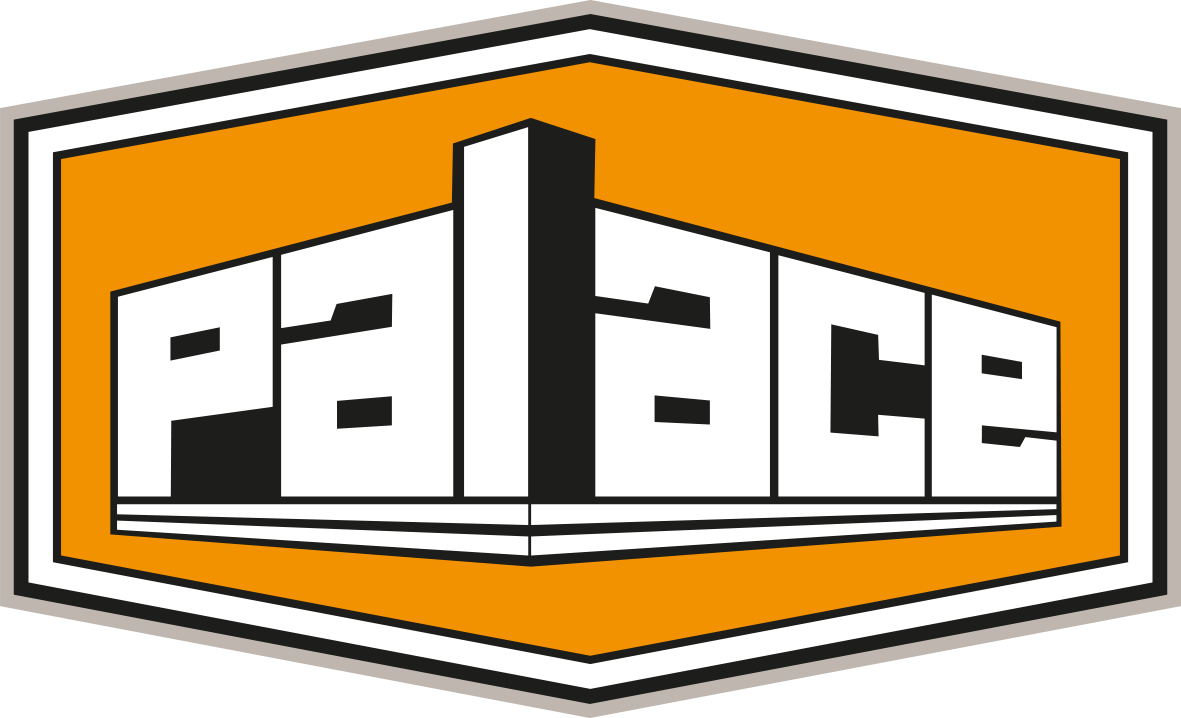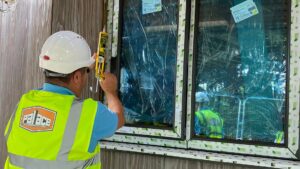Palace Chemicals recognises the importance of high-quality training for tile fixers in order to achieve successful project outcomes. Jim Percival, technical director at Palace Chemicals, discusses this and in particular the need to keep up to speed with relevant building industry standards.
At Palace, our commitment to training is absolute, which is why we operate a busy training facility at our head office. We intend to upgrade and enlarge this in the coming months, viewing it as a resource not just for demonstrating Palace products and providing training in their correct use, but as a centre of excellence for the entire industry. Our customers have the opportunity to learn from our team who are in turn able to draw on the 45+ years of hands-on experience which exists within the business.
In today’s market one of the most important areas in which training needs to be kept up to date is legislation and British Standards. A good example is the changes included in the recent update to Part 3 of BS 5385 Codes of Practice, the British Standards for wall and floor tiling.
This latest edition integrates and updates content from previous standards, reflecting recent advances in flooring materials and techniques. As part of the update, BS 5385-5 has been withdrawn, as BS 5385-3 now includes the requirements applicable to natural stone and agglomerated stone tile (slab flooring) installation, previously covered in part 5. It serves as an important reference for all those in the tiling sector, promoting best practice and quality outcomes.
This follows the last major review in 2018 which effectively outlawed the use of plywood as a backerboard for wall tiling. It stated that bespoke tile backer boards are the best substrate for wall tiling, as they offer a dimensionally stable wall background to moisture and thermal movement. Additionally, they offer benefits over plywood including increased weight limits for tiling.
Those involved in specifying products should also be aware of the requirements of the Building Safety Act, which came into force in 2022. This includes what is called the Golden Thread, basically a system of traceability of all building products to maximise the safety of buildings and their occupants. According to the Building Regulations Advisory Committee (BRAC): “The Golden Thread is both the information that allows you to understand a building and the steps needed to keep both the building and people safe, now and in the future”.
Traceability is also a key benefit of Environmental Product Declarations (EPDs) which are now becoming more common on all building products, including tiles, adhesives and grouts. These quantify environmental information regarding the life cycle of a product, enabling comparisons between products fulfilling the same function. Increasingly specifiers are looking for evidence of EPDs for products being used on site, so this is something else that tile fixers need to be aware of.
Approved Document M also comes into force in October this year. The main objective of this is to enable all people to travel around a building safely and without risk of personal injury. It relates in particular to bathroom facilities for disabled people, so its provisions can impact significantly on the work of tile fixers.
Continuous professional development (CPD) presentations prepared by manufacturers, including Palace and others, can also provide an important source of information and basis for training. Developed for architects, specifiers and large contractors, these presentations provide important information for customers in the tiling sector, especially those who need to keep their CPD qualifications up to date.
All these and other guidance documents, such as the technical publications issued by The Tiling Association, are important for tilers to be aware of and form part of the training activities carried out by Palace Chemicals for the benefit of its customers and the industry as a whole.





